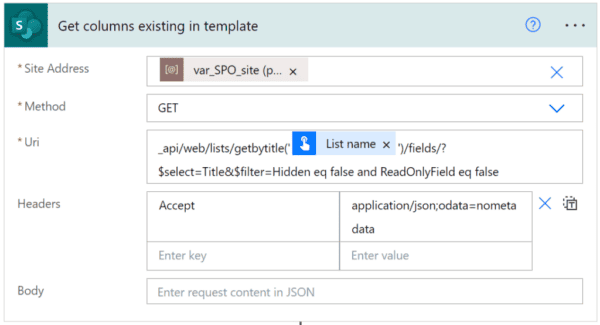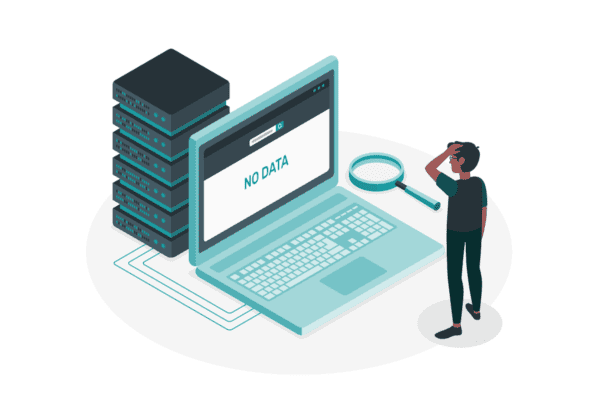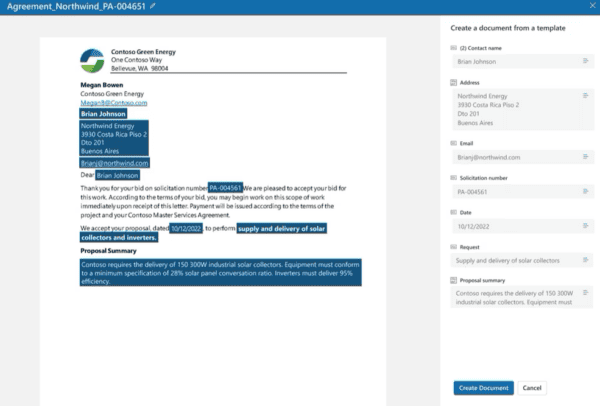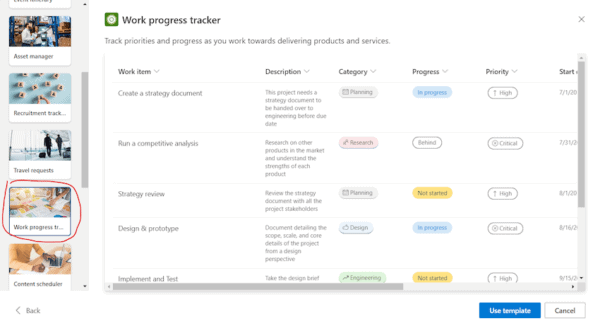More and more business applications are being created by “citizen developers”-end users who are not IT developers but who create solutions for themselves and their groups. In fact, by 2014 , Gartner predicts that citizen developers will build at least 25 percent of the new business applications.
This is particularly true in SharePoint, where users can quickly create sites and customize them to meet their needs. As they realize SharePoint’s potential and require customizations and enhancements beyond the scope of their tools, training and experience, however, these citizen developers need to turn to IT for help. The problem is that IT often can’t satisfy their requests quickly enough, and ─ due to lack of involvement in day-to-day business operations ─ may not understand the business needs well enough to translate them into project requirements, thus causing further delays.
This scenario presents a dilemma for IT managers. They can either shut down citizen development completely, or embrace it to drive SharePoint usage and adoption and relieve some of the burden on IT. Blocking citizen development can close a promising route to increased user adoption and better business productivity. Giving citizen developers the freedom to customize SharePoint without proper governance and control, however, invites the risk of impacting SharePoint performance, disrupting productivity, or losing content or functionality.
Given these risks, Dell believes organizations should empower citizen developers for these reasons:
1. Put business solutions in the hands of the business – The more business users are empowered to build their own solution (or to at least frame them out to a point where someone else can finish it), the stronger the result will be.
2. Cultivate good corporate citizens – Steering citizen developers to the most supportable and upgradeable techniques-through governance-enhances the long-term value of their solutions.
3. Reduce IT burden – By empowering citizen developers to make their own customizations confidently without posing risk to the environment, IT becomes free to focus on more value-added projects. And, when fully engaged users ask for help, their requests are likely to be better thought out and more realistic for the benefit of the SharePoint platform.
4. Enhance the IT/business relationship – In many organizations, IT is increasingly viewed as overhead or a road block, not an enabler – hence the rise of citizen development. Through a legitimized citizen development program, IT can better understand what the business needs and wants, while giving users the freedom to build preferred solutions on their own timelines.
6. Improve user adoption – SharePoint succeeds when users can build solutions that streamline business processes and enable them to be more productive in their day-to-day activities.
Dell SharePoint expert Chris McNulty wrote a new white paper, “Six Reasons to Empower SharePoint Citizen Developers“, that discusses the six items above in much more detail.
The paper also shows how Dell SharePoint customization solutions can help customers empower their citizen developers to make their own customizations quickly and confidently, without posing risk to the environment, in a way that IT can support and maintain. This frees their IT staff, especially expensive developer resources, to focus on important projects that only they are qualified to take on.

Chris Mc Nulty
Dell were Platinum Sponsors at ESPC 2013. Check out Chris McNulty’s blog for more insightfull content!
For more SharePoint content from Chris and other SharePoint specialists check out our resource centre!











